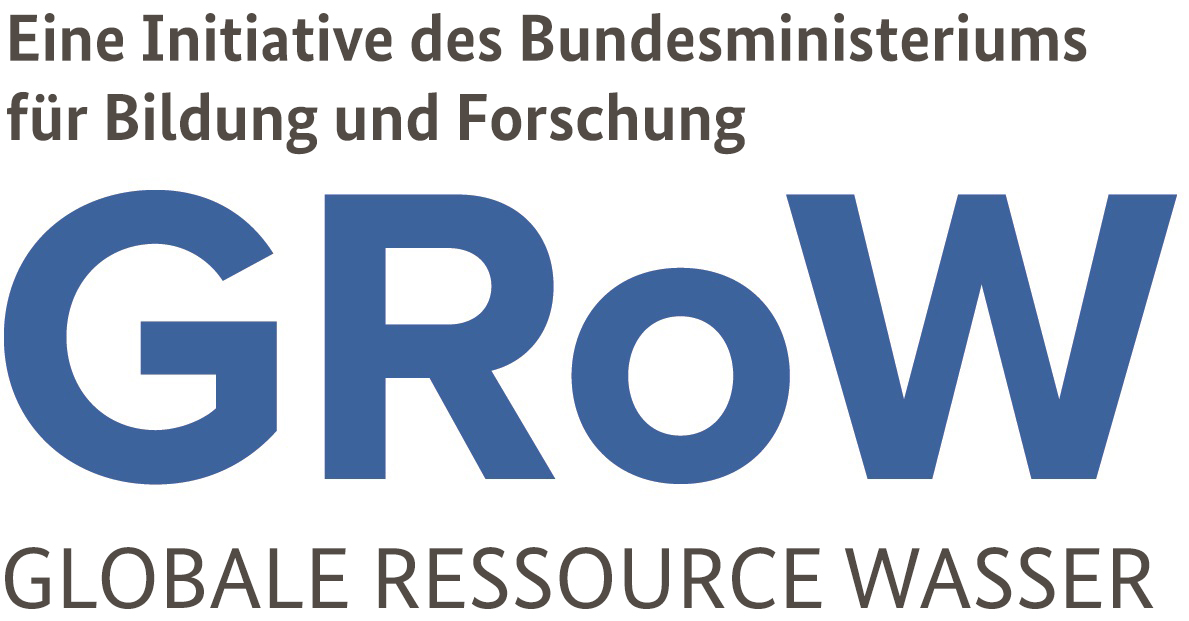TRUST puts hyperspectral drone into operation and engages actively with Peruvian community
| Date |
Date
|
Drinking water scarcity in prosperous urban areas is an increasing challenge for cities around the world. This situation, exacerbated by growing climatic extremes, is prevalent in the Rio Lurin catchment area in Lima (Peru), which is the world’s second largest desert city. The TRUST research project is exploiting the possibilities for developing an innovative solution to secure the drinking water supply and expedient disposal of water in the catchment area of the Rio Lurin, one of Lima’s three major drinking water sources. Using remote sensing and hydrological modelling in combination with strategic decision-making tools, the team of researchers and practitioners of natural sciences, engineering and social sciences has made significant progress in the project’s first year.
As soon as the project began in November 2017, TRUST started involving local Peruvian stakeholders and authorities in the project steps. In March 2018, a transect walk was carried out with inhabitants of San Andrés de Tupicocha, a village directly impacted by planned water measures. This was followed by a number of workshops with the local school, village authorities, regional authorities and experts from the Lima region. They were conducted last year in order to evaluate different options for water supply and wastewater management in the upper Rio Lurin catchment area, and to increase awareness of the project.
Innovative data collection approach proves to be functional
Concurrently, TRUST has carried out extensive field campaigns on water quality, ecology, soil moisture and land use along the Rio Lurin and at the Klingenberg dam in Saxony (Germany). The work in Germany was carried out to test the technologies that will ultimately be transferred to Lima. Researchers from Karlsruhe Institute of Technology innovatively combine hyperspectral data acquisition via drone and machine-learning algorithms for estimating parameters such as chlorophyll a, diatoms, green algae and subsurface soil moisture. The initial results are promising. A number of papers published in respected journals and at conferences (International Journal of Environmental Research, Public Health, Proceedings of the 37th Scientific-Technical Annual Meeting of the DGPF, 9th Workshop on Hyperspectral Image and Signal Processing: Evolution in Remote Sensing) show the innovative character of the approach. The researchers have also disseminated their findings at the Tech-Transfer event on digitalisation in water supply in Karlsruhe, and in international settings such as the Expo Agua Peru 2018 and the World Water Forum 2018.
Additionally, monitoring stations for precipitation and water flow have been installed and commissioned in Peru. Plans are also in place for hydrological analyses and modelling of the watersheds of the Rio Lurin and Rio Chillon. Together, these activities pave the way for acquiring essential data, which is so far missing. The data will help create expedient solutions and deploy a web-based software for risk management at the catchment level developed by Disy Informationssysteme GmbH. In collaboration with its local partner companies, such as SEDAPAL, the TRUST team investigates different strategies for potential inclusion in concepts and modules for water supply and wastewater management solutions. These include non-conventional water sources, such as managed aquifer recharge and wastewater reuse.
Comprehensive approach includes conflict mitigation strategies
A particular challenge for water management in Lima and many other parts of the world is the need to reconcile the sometimes conflicting objectives of the different water users in the upper and lower catchment areas. For example, the drinking water supply, irrigated agriculture, and industry compete for the same water resources. TRUST is tackling this important issue by conducting a conflict analysis and by including stakeholders from a variety of levels in the process of developing sustainable water management concepts. The most recent workshop brought together local partners and stakeholders with the German research team from the University of Stuttgart and the German Water Centre (TZW) in November 2018. It provided a fruitful exchange and paved the way for the next steps.
To ensure a successful continuation of the project, TRUST aims to deepen its understanding of local knowledge of the structures, responsibilities and processes necessary to use the developed tools in existing local infrastructures (metrology, web services, data structure). It will do this by continuing to make regular trips to the project area, by promoting local involvement, and by continuing its work on developing the measurement technology and data transfer activities.
